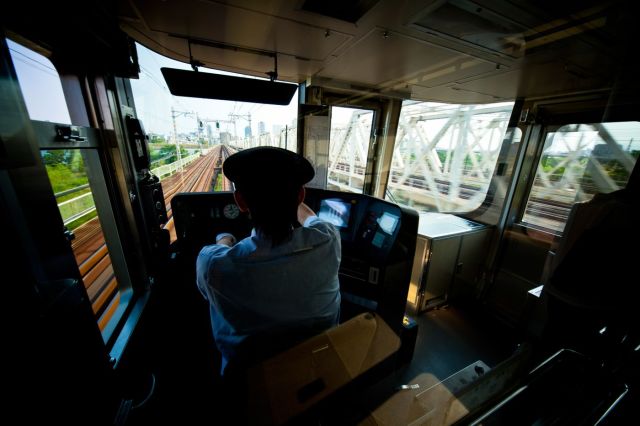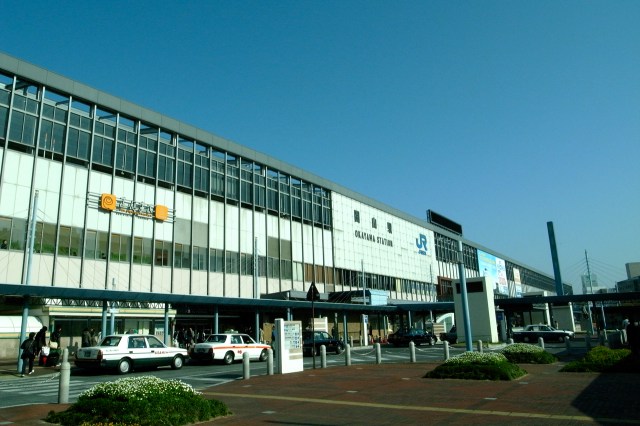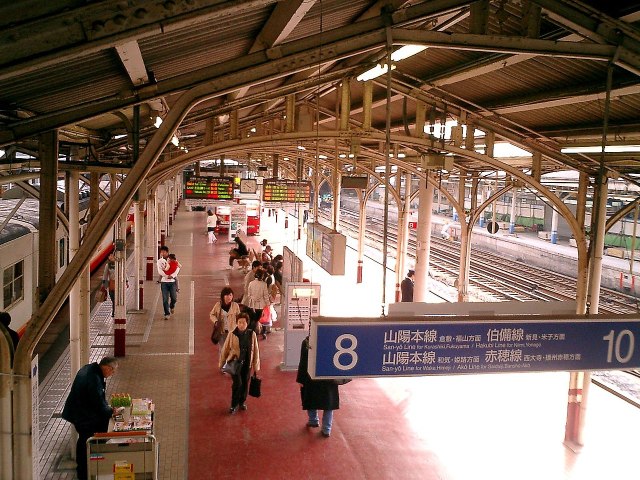Train driver sues Japan Rail…over 56 yen for a one-minute delay

Railway company defends wage cut, saying “no work, no pay”.
Japanese trains are widely praised for their punctuality, but this precise, to-the-minute timekeeping is now at the centre of a dispute between a train driver and West Japan Railway Company.
According to reports, the male driver, who works for the Okayama branch of JR West, is seeking payment of 56 yen (US$0.49) in unpaid wages after a mishap that occurred during his shift on 18 June last year.
The driver says he was scheduled to deadhead an empty train at the Okayama Station depot that morning, and was waiting at one of the station platforms for the train to arrive. When the train arrived, he realised he was waiting at the wrong platform, and by the time he met the driver at the correct platform, the start of the transfer between drivers was delayed by two minutes, leading to a one-minute delay in departure and a one-minute delay in warehousing the train at the depot.
▼ Okayama Station

As a result, JR West deducted 85 yen from the driver’s July paycheque, saying there was no actual labor performed during the two minutes when the transfer was delayed. However, after the driver brought the matter to the Okayama Labor Standards Inspection Office, JR West eventually reduced the delay time to one minute, upon advice from the Labor Bureau.
Still believing this was unreasonable, due to the fact that the error caused no damage to the company and no disruption to train timetables as the train was empty, the driver decided to take the matter to the Okayama District Court in March.
The driver is now seeking compensation of 43 yen, which was deducted for the one-minute delay, 13 yen in overtime created by the delay, and 2.2 million yen (US$19,407) for mental anguish.
While the driver believes his pay shouldn’t be docked, as the incident occurred during his work shift, the company says it applied the “no work, no pay principle” as the reason for the wage cut, in the same way they would in cases of late arrival to work or absenteeism.
▼ A train platform at Okayama Station.

The driver criticised the company for “using wage cuts as ‘sanctions’ for human error”, saying a small mistake in business shouldn’t be classified as a breach of contract.
Commenters in Japan who heard the news online tended to agree, saying:
“If the company is right, then why were they advised to rescind on the initial two minutes by the Labor Bureau?”
“Everyone makes mistakes — wage cuts shouldn’t be made unless it’s a big deal. If this becomes normal, wage cuts due to mistakes will spread to other industries as well.”
“This lack of leeway is characteristic of Japan. It’s not about being highly productive.”
“If you’re a crew member, it’s often said that if you cause a delay of one minute, you’ll be treated as if you’ve caused an accident.”
“So you can reduce someone’s salary by one minute, but you can’t pay overtime in one-minute increments as well?”
“I would go crazy if I was in charge of payroll, having to deduct minutes from people’s salaries for every mistake they make.”
Despite the public siding with the employee during the ongoing case, Japan Rail’s stellar record of punctuality and safety presents a strong argument for enforcing times to the exact minute. Plus, human error can result in severe consequences when you’re part of a team that’s responsible for the safety and welfare of millions of passengers every day.
However, with increasing safety concerns on board Japanese trains, rail staff are now under more strain than ever, and employers may need to rethink the way they provide support to their employees. But, as we know, a great employer in Japan isn’t always easy to find.
Sources: Yomiuri via Jin
Top image: Pakutaso
Insert images: Wikipedia/Volfgang, Wikipedia/Tomomarusan
● Want to hear about SoraNews24’s latest articles as soon as they’re published? Follow us on Facebook and Twitter!
Credit:

0 comments: